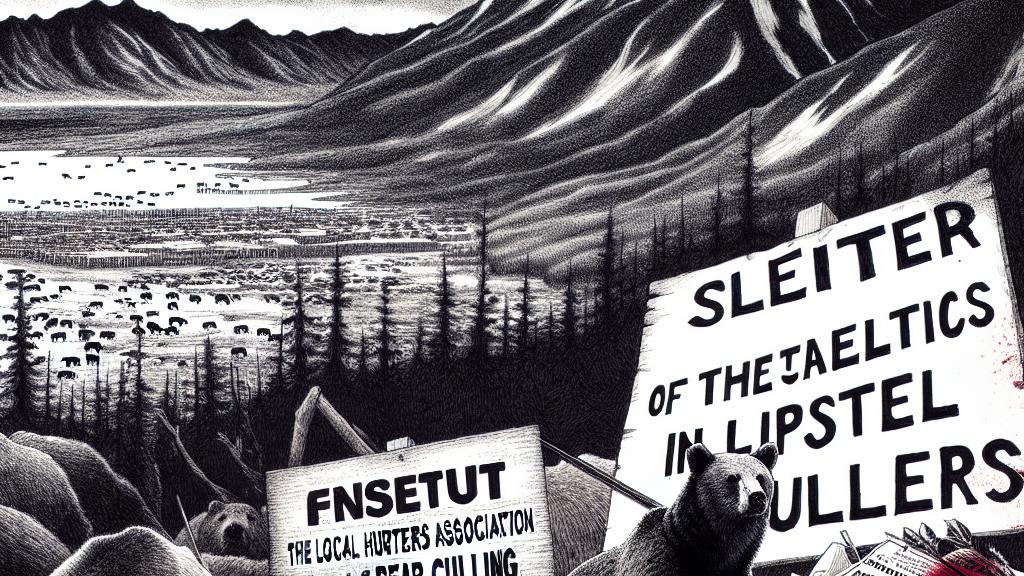Hokkaido Hunters Association's Refusal for Bear Culling Notice
Overview
- The Hokkaido Hunters Association plans to refuse bear culling requests from local governments, a significant and historic shift.
- This decision arises from a recent legal defeat regarding gun possession permits, highlighting deeper issues in hunting regulations.
- As bear populations surge and public sentiment becomes increasingly polarized, the debate over wildlife management grows ever more heated and complex.

Background of the Decision
In the awe-inspiring and rugged wilderness of Hokkaido, Japan, the local Hunters Association is making headlines for an unprecedented decision: they will no longer consider bear culling requests from municipalities. This major pivot follows a recent court ruling that stripped a hunter of their gun possession license— a decision that has sent shockwaves throughout the local hunting community. With sightings of bears becoming alarmingly frequent, the question looms large: are we adequately prepared to navigate the ethical implications and practical challenges posed by increasing bear populations in our backyard?
Rising Tensions and Complaints
As bear encounters escalate, Hokkaido's residents are voicing their concerns louder than ever. While some advocate for the bears, lamenting, 'Why must we resort to killing these magnificent animals?' others demand swift action to protect their livestock and communities. A striking case is that of OSO18, a bear infamous for attacking multiple farms. When this bear was ultimately culled, it sparked heated public discourse, with wildlife advocates rallying behind alternatives like bear-proof fencing and community education on coexistence. The emotional divide is palpable, as passionate voices on both sides plead for a resolution that respects both human safety and animal welfare.
Challenges Faced by Hunters
Amidst these tensions, the Hokkaido Hunters Association is confronting significant challenges, such as an aging demographic and a sharp decline in new hunters entering the field. Many current hunters feel the pressure mounting as they bear the brunt of rising public scrutiny regarding their role in wildlife management. One hunter expressed their frustration, stating, 'If I’m held accountable for doing my job, how can I be motivated to continue?' This unwelcome sentiment reverberates through the hunting community, underscoring a desperate need for understanding and support from the public. The stakes are high: without fresh faces in hunting, how can we ensure the effective management of wildlife populations? As the landscape of hunting evolves, finding a balanced approach to coexist with nature becomes more vital—and challenging—than ever.

Loading...